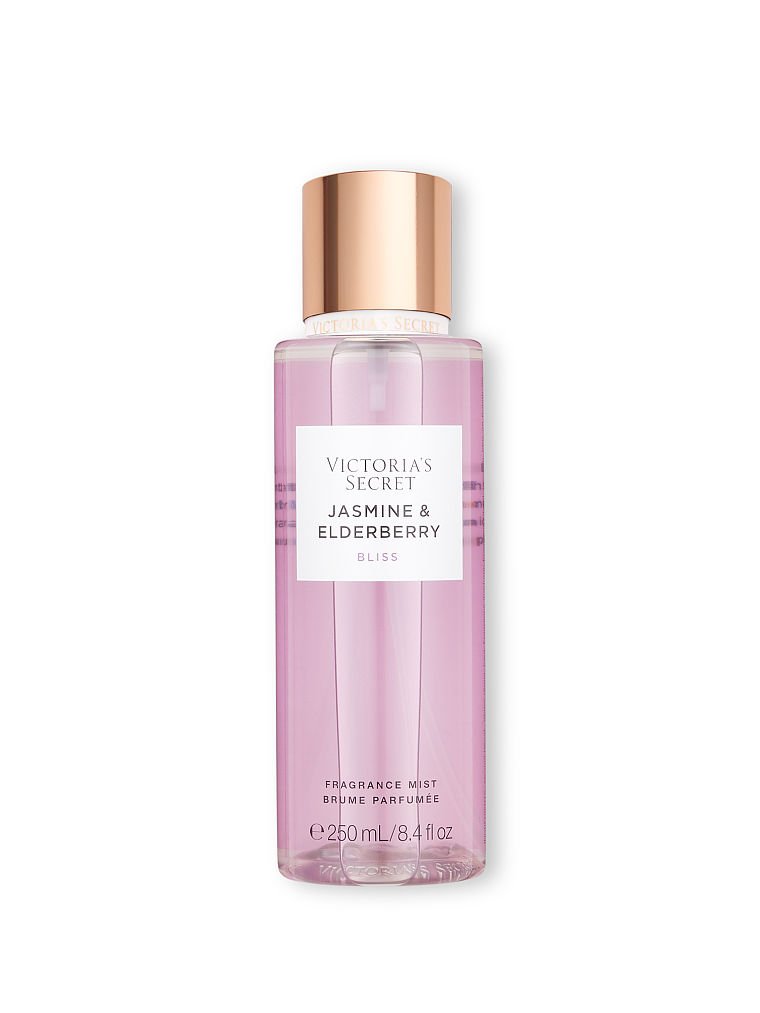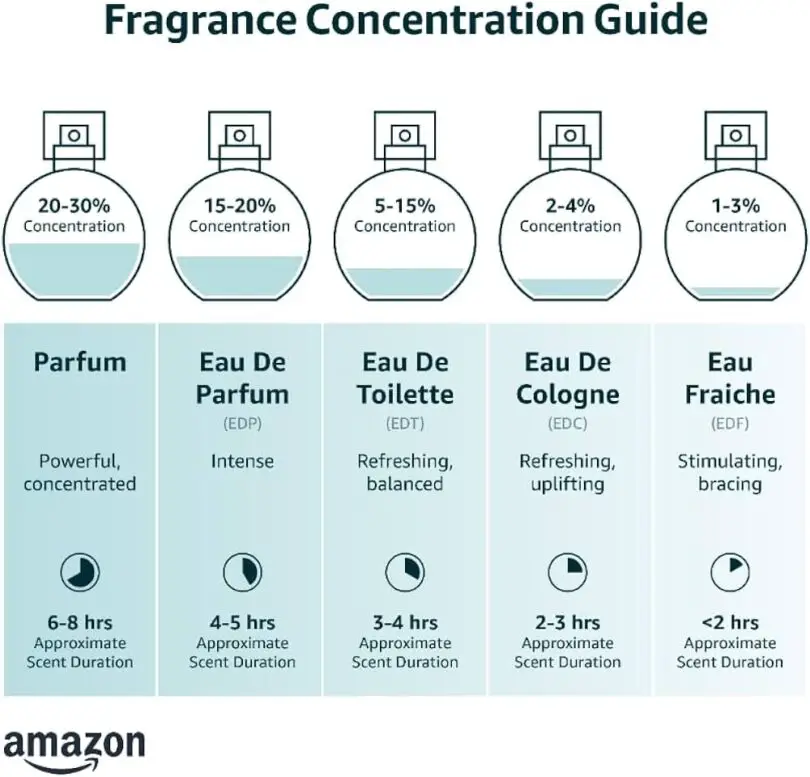The world of perfumery is a captivating blend of artistry and chemistry, where skilled perfumers craft exquisite scents that can evoke emotions, memories, and moods. Behind the enchanting fragrances we encounter daily lies a vast realm of formulations, ingredients, and techniques. The “Handbook of Perfumes with Formulations” serves as a comprehensive guide for both aspiring perfumers and enthusiasts eager to unravel the secrets of this olfactory art.
Understanding the Craft:
Perfumery is an ancient and intricate craft that has evolved over centuries. The “Handbook of Perfumes with Formulations” delves into the fundamentals, providing insights into the raw materials, extraction methods, and the delicate balance of notes that make up a fragrance. From floral and citrus to woody and oriental, the handbook covers the diverse fragrance families and their unique characteristics.
The Role of Formulations:
Formulations are the heart of perfumery, determining the precise combination and concentration of ingredients to create a harmonious and long-lasting scent. This handbook serves as a treasure trove of formulations, offering a wide array of recipes for various types of perfumes. Whether you seek a fresh and vibrant daytime fragrance or a rich and sensual evening scent, the handbook provides the guidance needed to formulate the perfect blend.
Key Components:
The handbook meticulously details the key components that make up a perfume formulation:
-
Base Notes: These are the foundation of a fragrance, providing depth and longevity. The handbook explores an array of base notes, from warm and musky to sweet and resinous.
-
Middle Notes (Heart Notes): These form the body of the fragrance, harmonizing the top and base notes. The handbook guides readers through the selection of floral, fruity, or spicy middle notes.
-
Top Notes: These are the initial, fleeting impressions of a perfume. The handbook helps perfumers choose refreshing citrus, herbal, or fruity top notes to create an enticing opening.
-
Modifiers and Fixatives: Essential for enhancing the overall performance of a perfume, modifiers and fixatives are detailed in the handbook, ensuring the longevity and stability of the fragrance.
The Art of Blending:
Crafting a unique and memorable perfume requires a keen understanding of the art of blending. The handbook provides valuable insights into the artistry of combining different notes, guiding perfumers on achieving balance, complexity, and distinctiveness in their creations.
Innovation and Trends:
As the fragrance industry continues to evolve, the handbook keeps pace with emerging trends and innovative formulations. Perfumers can explore the latest ingredients, techniques, and styles, ensuring their creations remain contemporary and appealing to a diverse audience.
Conclusion:
The “Handbook of Perfumes with Formulations” is a beacon for those seeking to unravel the mysteries of perfumery. Whether you are a budding perfumer or an enthusiast eager to delve into the world of scents, this comprehensive guide provides the knowledge and inspiration needed to create captivating and personalized fragrances. As an invaluable resource, the handbook serves as a bridge between the traditional artistry of perfumery and the ever-evolving landscape of olfactory innovation.

Credit: www.victoriassecretbeauty.com.sg

Credit: www.amazon.com
Frequently Asked Questions
What Are Perfume Formulations?
Perfume formulations are the specific blends of essential oils, aroma compounds, fixatives, and solvents that create unique scents.
How To Create A Perfume?
Creating a perfume involves blending aromatic compounds and oils, then diluting with alcohol or oil to desired strength.
What Is The Shelf Life Of Perfumes?
Typically, properly stored perfumes can last anywhere from 3 to 5 years depending on their composition and storage conditions.
Are Natural Ingredients Used In Perfumes?
Yes, many perfumes incorporate natural ingredients such as essential oils derived from flowers, fruits, woods, and herbs.







